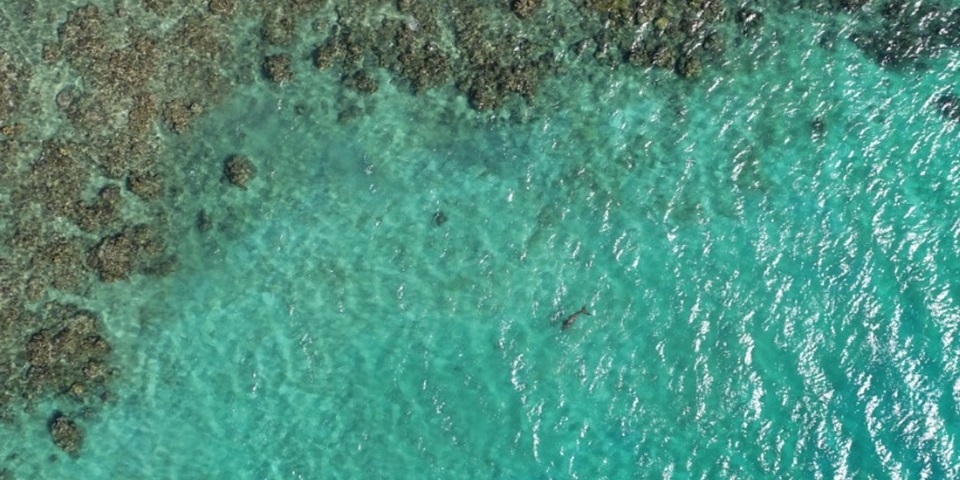News
Innovative drone conservation research shared internationally

Community efforts to protect dugongs in the Philippines were boosted by a recent technology training camp with Murdoch researchers.
The researchers spent a week developing the drone skills of team at Community Centered Conservation (C3) Philippines, an organisation working closely with communities in the Calamianes Islands and Northern Palawan to protect dugongs.
Researchers Dr Christophe Cleguer and Dr Julian Tyne based at the Aquatic Megafauna Research Unit in Murdoch University’s Harry Butler Institute trained the C3 team in flight planning, drone operation, and processing data collected from the surveys.
“Monitoring dugongs facilitates both the conservation of this vulnerable species and the protection of their seagrass habitat that supports the livelihoods of many coastal communities in the dugongs’ range,” Dr Cleguer said.
“We are glad to see the method being rolled out to help projects like C3’s.”
Four C3 staff were trained over five days in operating the drones, and six dugongs were spotted and mapped during the program.
First for conservation in the Philippines
C3 Philippines Board member Patricia Davis said the program provided an important long-term low-cost means of monitoring dugong populations.
“Using drones for dugong (and other marine megafauna) research is a first in the Philippines and the partnership with Murdoch is fantastic for building the capacity of local Filipino scientists for long-term protection of these endangered species,” Ms Davis said.
“Not only will we gain insights into the numbers of dugongs and their preferred habitat but we will also ensure we formally protect critical habitat in our dugong and sea turtle protected area in Busuanga.”
This project is led by C3 Philippines Programme Coordinator and Nat Geo Explorer, Reynante V. Ramilo, who received a grant from National Geographic for dugong study using drones.
News
Innovative drone conservation research shared internationally
Posted on
Topics